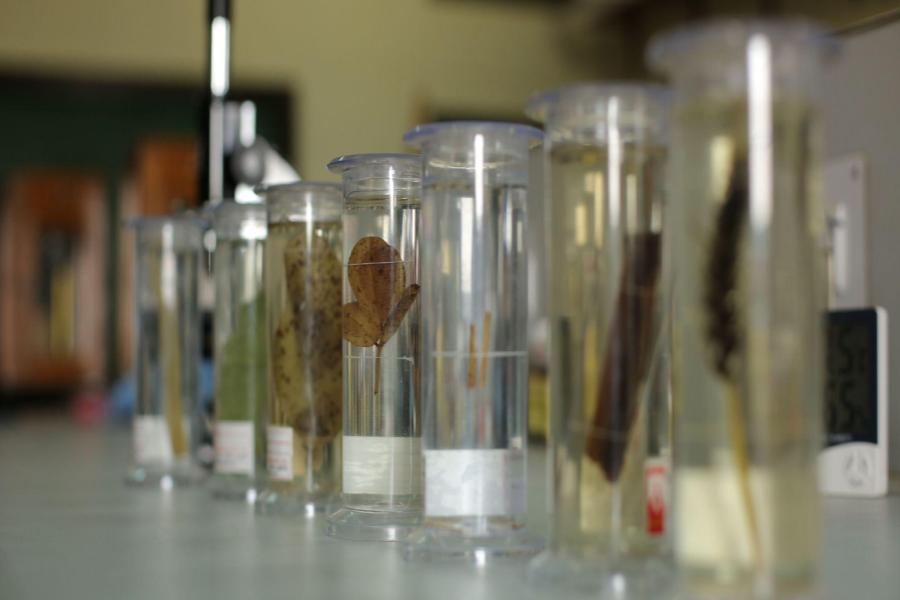M.Sc. Agriculture (Horticulture) Course: Details, Eligibility, Fees, Syllabus, Placements
A Master of Science (M.Sc) in Agriculture with a specialization in Horticulture is a two-year postgraduate program dedicated to the science, art, technology, and business of plant cultivation. This specialization involves an intensive study of growing fruits, vegetables, flowers, and ornamental plants, as well as landscape restoration, garden design, and maintenance. The program blends theoretical knowledge with practical applications, equipping students with the skills necessary for advanced careers in horticultural research, education, industry, and policy-making. Students delve into plant biology and physiology, crop production and management, soil science, plant breeding and genetics, pest and disease management, post-harvest technology, and sustainable horticultural practices. Through a combination of core courses, electives, and a research project or thesis, graduates are well-prepared to address complex challenges in horticulture and contribute to the advancement of sustainable and productive horticultural systems.

Best M.Sc Agriculture (with Horticulture) College in Uttarakhand, India
- Designing experiments, collecting and analyzing data, and interpreting results.
- Proficiency in modern horticultural tools, techniques, and technologies.
- Identifying and addressing complex challenges in horticultural production and management.
- Writing research papers, presenting findings, and collaborating with peers and stakeholders.
- Understanding of business management, resource allocation, and strategic planning in horticulture.
Key Features of M.Sc Agriculture (with Horticulture)
- Plant Biology and Physiology: Understanding the biological functions and processes of horticultural plants.
- Crop Production and Management: Techniques for cultivating fruits, vegetables, flowers, and ornamental plants.
- Soil Science: Study of soil properties and management practices tailored to horticultural crops.
- Plant Breeding and Genetics: Methods for improving plant varieties for yield, quality, and resistance to diseases and pests.
- Plant Pathology and Pest Management: Identifying and controlling plant diseases and pests specific to horticultural crops.
- Post-Harvest Technology: Techniques for handling, storage, and processing of horticultural products to maintain quality and extend shelf life.
- Landscape Horticulture: Principles of garden design, landscape architecture, and maintenance of green spaces.
- Sustainable Horticulture: Practices that promote environmental sustainability in horticultural production.
- Agricultural Economics: Economic aspects of horticulture, including market analysis, business management, and entrepreneurship.
Career Opportunities after M.Sc. Agriculture (with Horticulture)
- Horticulturist
- Plant Breeder
- Landscape Designer
- Research Scientist
- Nursery Manager
- Floriculturist
- Agricultural Extension Officer
- Post-Harvest Technologist
- Greenhouse Manager
- Urban Horticulturist
- Agribusiness Manager
- Sustainable Agriculture Specialist
- Horticultural Consultant
- Agricultural Policy Analyst
- Agricultural Educator
USP's
- Experienced faculty members to enrich comprehensive knowledge.
- Value added courses
- L & T Powered Programmes.
- Guaranteed Campus Internship and Placement Drive.
- Nasscom foundation industry oriented courses
- IBM, TCS advanced technologies program
Fee Structure
| Year | Fee |
|---|---|
| First Year | ₹ 77,000 |
| Second Year | ₹ 60,000 |
Admission Criteria
Passed BSc agriculture or any other relevant bachelor's degree with atleast 60% marks from recognized university or board
















